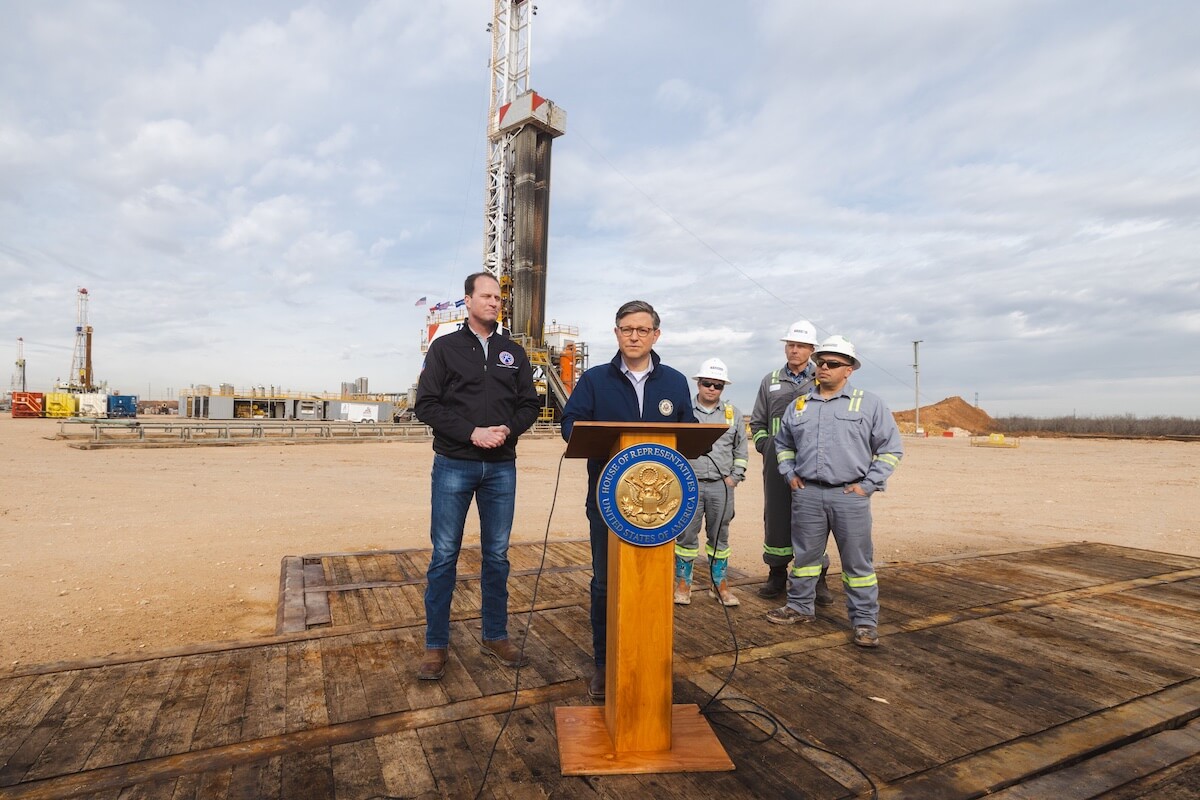ImpactAlpha, May 24 – It’s spring, and your fancy may lightly turn to thoughts of love – or summer vacation. Shareholder activists are focused instead on taking on management at the height of the proxy season.
At least 60 resolutions will come to a vote this week at the annual meetings of some of America’s biggest companies. Amazon alone faces a dozen resolutions. The subjects of the resolutions run the gamut from transition planning for a net-zero world and racial equity audits to political spending and antimicrobial resistance. And because shareholder resolutions are merely advisory, activists at some companies are turning to board elections, which are binding. Proxy Preview calls it the “season’s biggest week.”
The drama has an unlikely headliner in the erstwhile corporate raider Carl Icahn, who is taking on McDonald’s over the company’s use of gestation crates to confine pregnant pigs. Icahn is also pushing to unseat two McDonald’s directors over the issue and replace them with independent candidates.
Last year’s heady wins for environmental, social and governance proposals are giving way to a more mixed record this year. The war in Ukraine and the focus on energy security has dampened investor enthusiasm for some climate-related resolutions. In newly updated proxy voting guidelines, BlackRock rolled back its support for climate-related proposals it deemed too prescriptive. The backlash against environmental, social and governance, or ESG, investing, is gathering steam – or at least tweets.
Against that backdrop, this week’s meetings at Chevron, Amazon, and others “are going to serve as a fundamental test of investor resolve on the material risks of the escalating climate crisis and the economy-wide drag on sustainable growth from systemic racial inequities,” Majority Action’s Eli Kasargod-Staub told ImpactAlpha.
Climate laggards
ExxonMobil and Chevron face more than a dozen resolutions between them when their shareholders meet on Wednesday. Resolutions before the oil majors ask the companies to set medium- and long-term emissions reductions targets, assess financial risk under a net-zero scenario, phase out single-use plastics (Exxon) and report on political and lobbying activities.
After a successful board insurgency at ExxonMobil last year, Chevron is now in the hot seat. A proposal last year asking Chevron to set emission-reduction targets in line with the Paris accord won 60% of the vote; the company has ignored the directive.
Majority Action is calling for the ouster of Chevron CEO Michael Wirth and lead director Ronald Sugar.
“This board must be held accountable,” said Massachusetts State Treasurer Deborah Goldberg, who is backing the campaign to deny the pair another term. CalPERS is looking to boot another four Chevron directors over the inaction.
Human capital
The dozen proposals before Amazon shareholders, also on Wednesday, touch on issues ranging from reducing plastic packaging to reporting on lobbying. But lapses in health and safety and the death of an Amazon worker when a tornado hit an Illinois warehouse in December are putting the spotlight on its human capital management practices.
Last week, New York City Comptroller Brad Landler, along with the New York State Common Retirement Fund and the Illinois State Treasurer, urged investors to vote against two Amazon directors, Daniel Huttenlocher and Judith McGrath, for failing to adequately oversee the company’s human capital management.
Legal and General Investment Management has signaled that it will vote almost across the board against Amazon management’s recommendations, including on the re-election of Jeff Bezos to the board. The asset manager explained that it believes boards should be regularly refreshed and that CEOs should be “accountable for any long standing ESG failings.”
Beta Stewards
McDonald’s board of directors “is failing shareholders and stakeholders by presiding over animal welfare violations, supply chain lapses and what I perceive to be a hollow environmental, social and governance ‘ESG’ agenda,” wrote Icahn in launching his campaign against the fast food giant.
He is seeking to seat two new directors to oversee leadership: Leslie Samuelrich of Green Century Capital Management and Maisie Lucia Ganzler of Bon Appétit.
Icahn isn’t the only one agitating for change at McDonald’s. Advocacy group Shareholder Commons has spearheaded a resolution asking the company to report on the public health costs created by the use of antibiotics in its supply chain.
A 2017 World Bank study projected antimicrobial resistance could cost up to 3.8% of global GDP by 2050 – an impact comparable to the 2008 global financial crisis. Widespread use of antibiotics also allows the kind of overcrowding and abusive animal welfare practices that Icahn is objecting to.
The resolution takes aim at a deeper issue: how the actions (or inaction) of one company can hurt the entire portfolio.
Shareholder Commons is asking social media giant Meta to report on the broader systemic risks of the disinformation it enables on topics from vaccines to elections. Another proposal urges BlackRock to adopt stewardship practices that curtail corporate activities that externalize social and environmental costs that can drag down portfolio returns.
“The point of every one of these is to push investors to pay more attention to the fact that when they incentivize companies to maximize their enterprise value, they may very well be absorbing the cost of that in other parts of their portfolios in disadvantageous ways,” Sara Murphy of Shareholder Commons told ImpactAlpha.
“Corporate behavior can actually drag down your whole portfolio even if it has really good effects on that one company’s balance sheet,” Murphy says. “When you’re a diversified shareholder, as the vast majority of people in the world are, the value of your portfolio is not just the sum of its individual parts.”











